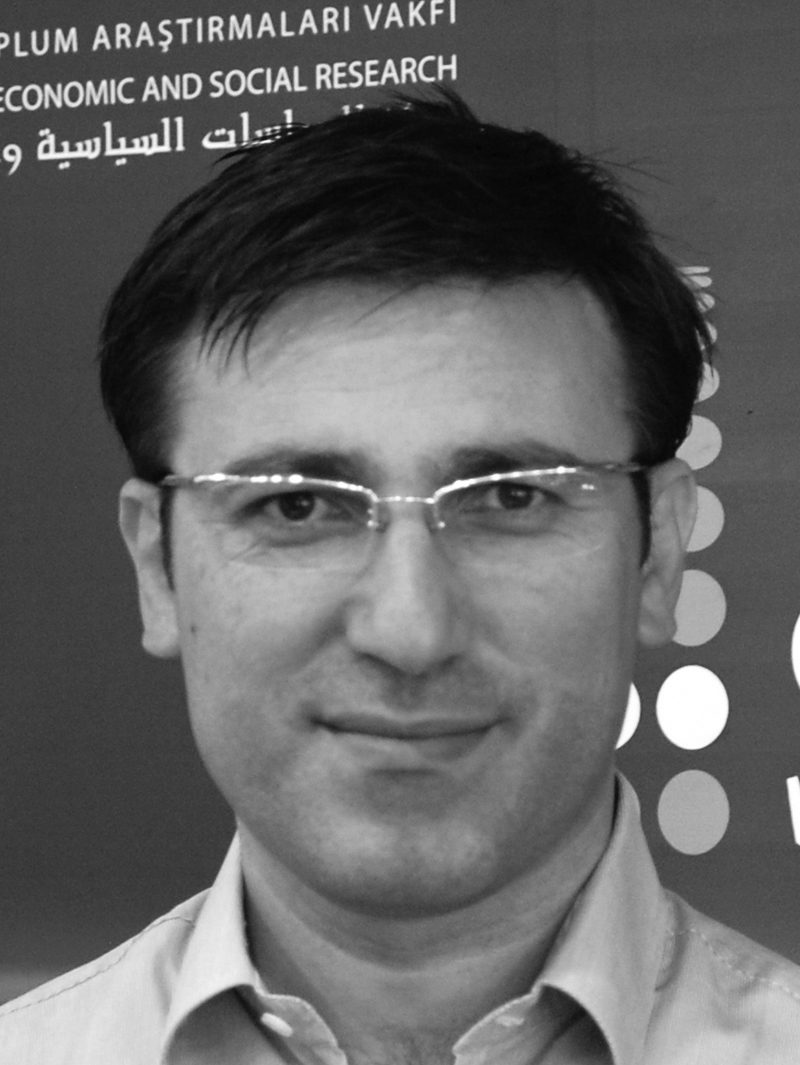Turkey has a unique experience in state formation, in formulating state-religion relations, but some painful periods in its history regarding democratization. The military intervention on Sept. 12, 1980 suspended Turkey’s fragile democracy and caused a breakdown in party politics by banning all political parties and sending their leaders to trial. The first election after the military coup in 1983 was a turning point in Turkish political history, and the election results and subsequent government policies under Turgut Ozal’s premiership changed the course of Turkish political culture for decades to come. Ozal’s center-right liberal-conservative Motherland Party (then called ANAP, now ANAVATAN) launched a liberalization and democratization policy in Turkey, which facilitated the expression of Islam in the public sphere to a greater degree than before. As part of its policy, the government deleted Articles 141, 142 and 163 of the Constitution to lift obstacles to freedom of thought. ANAP also adopted a free market economy through a large-scale privatization movement.
The general elections on Dec. 24, 1995 were a turning point in Turkey’s modern political history. The elections resulted in the reconfiguration of religion and politics in the public sphere. Political developments soon after the elections, as well as the efforts of the Welfare Party (RP) to form a government, preoccupied Turkish citizens regardless of their political preference or their degree of religiosity. The RP’s victory marked political history because for the first time since the foundation of the Turkish Republic a religiously oriented party had claimed a majority. The rise of the RP meant that the political rhetoric of a religiously oriented party received large popular support.
After the establishment of a coalition government with the center-right True Path Part (DYP), the secularist-Islamist divide in the political spectrum became more visible to the public. This was due in part to the lack of trust between the two camps. Although the leader of RP, Necmettin Erbakan, changed some of his hostile discourses towards the West and Israel, he failed to convince the secular elite and the military about his party politics. His foreign policy preferences were also a source of discontent among the secular elite in Turkey. On February 28, 1997, Turkey’s National Security Council (MGK) “recommended” to Erbakan in ultimatum form a number of stern measures to guard the secular nature of the state, which Erbakan eventually signed after several days’ resistance. Erbakan’s own political downfall began with his resignation from office in June 1997. The Turkish Constitutional Court abolished the RP in January 1998, again finding constitutional violations of secularism.
After the dissolution of the Welfare Party, the ex-members of the outlawed party formed a new group called the Virtue Party (FP). This party adhered to a political ideology identical to that of the RP. However, on March 22, 1999, the state prosecutor filed an indictment for the banning of the FP, claiming that it supported anti-secular opinions and represented the ideologies of a banned party. Despite this reaction to the rise of the FP, none of the long-running problems regarding religious liberty came to an end during the party’s existence or during the coalition government’s term in office after the 1999 elections.
The first parliamentary session after the 1999 elections was a test case for Turkish democracy because it set the limits of presence and expression of religious identity in the public sphere. The public sphere is still under the control of state ideology, rather than being an open domain for discussion regarding legitimacy and resources on the basis of mutual respect and understanding. As noted by Professor Nilufer Gole, “The public sphere is institutionalized and imagined as a site for the implementation of a secular and progressive way of life. An authoritarian modernism — rather than bourgeois, individualist liberalism — underpins this public sphere. R
